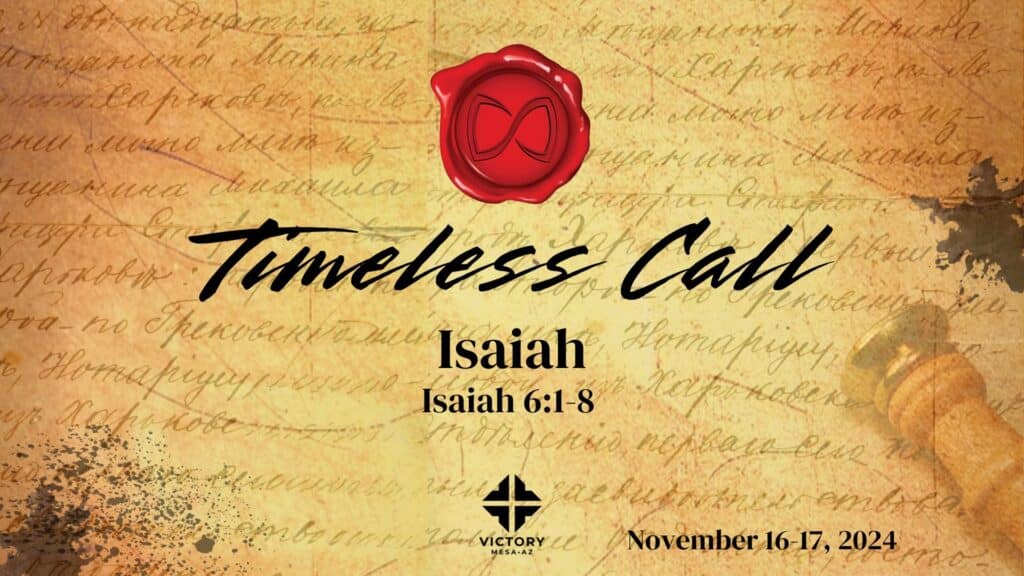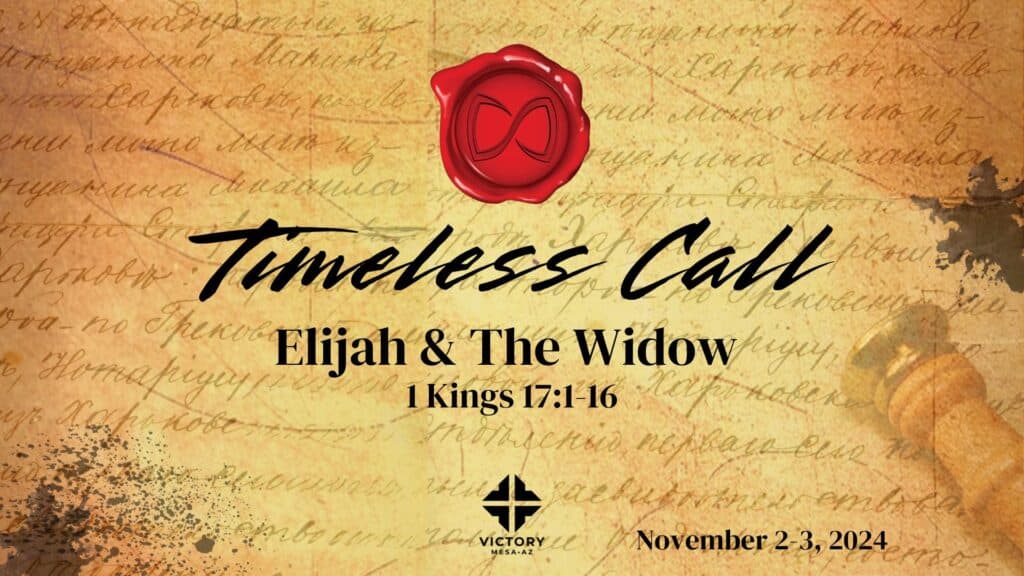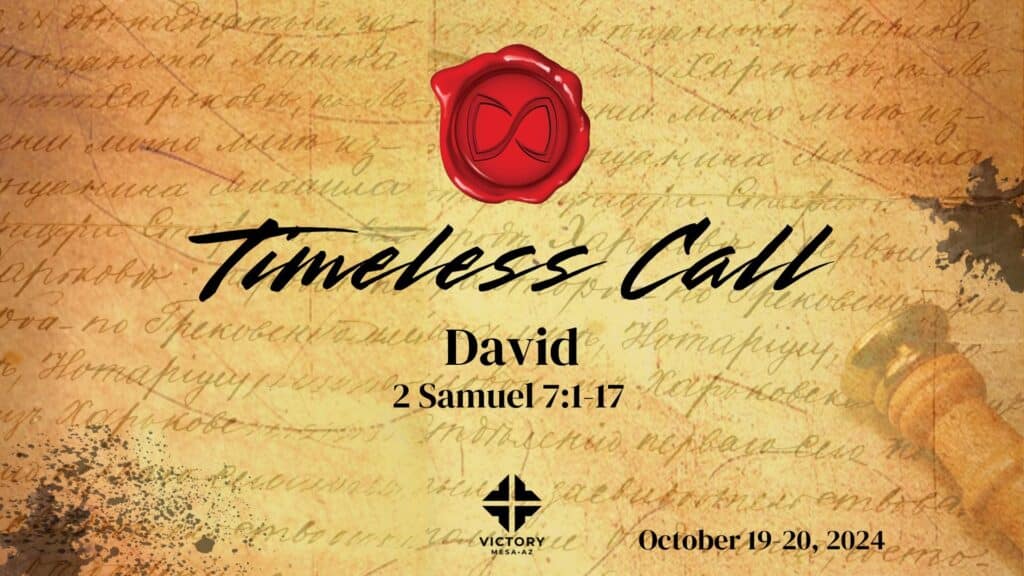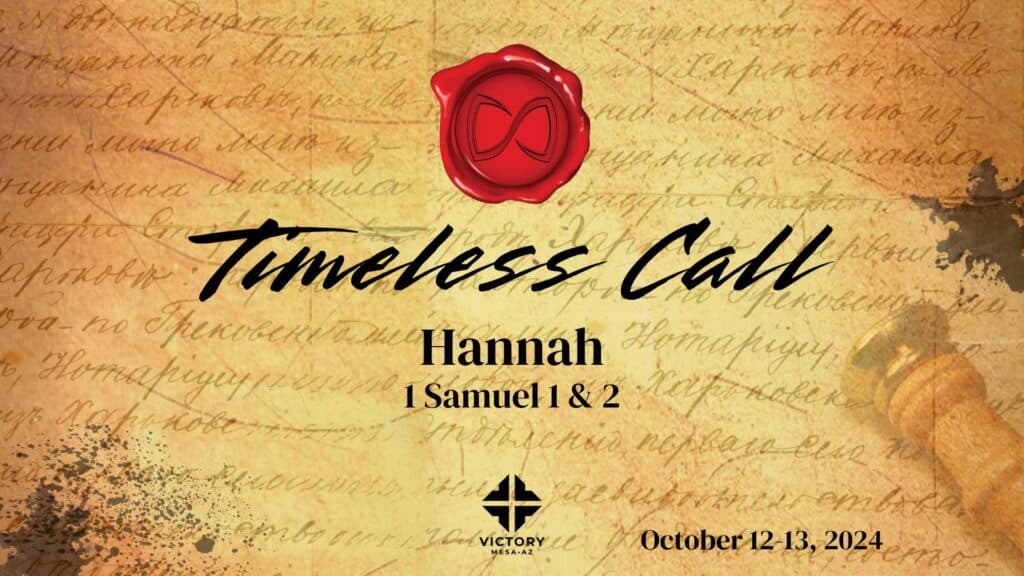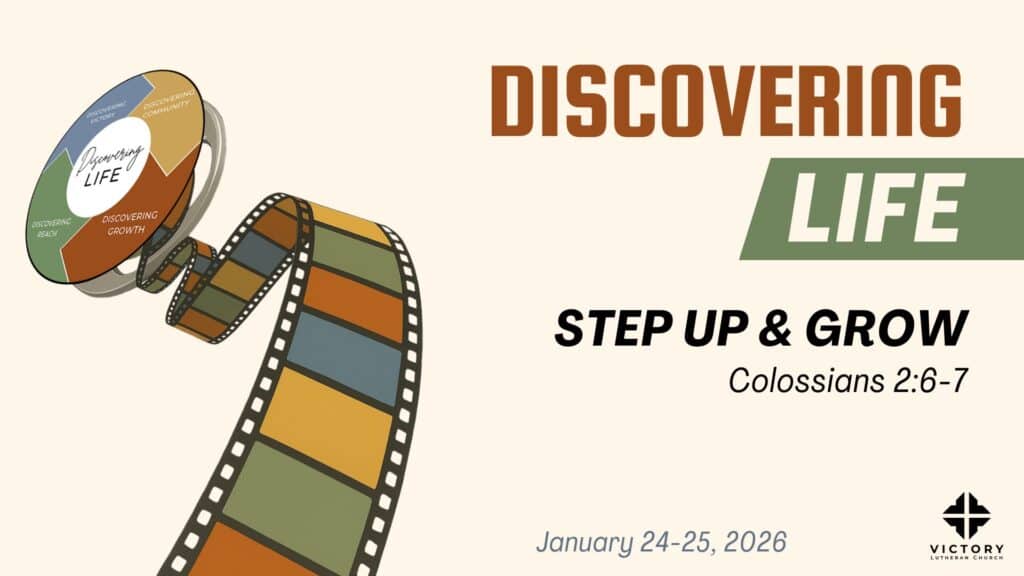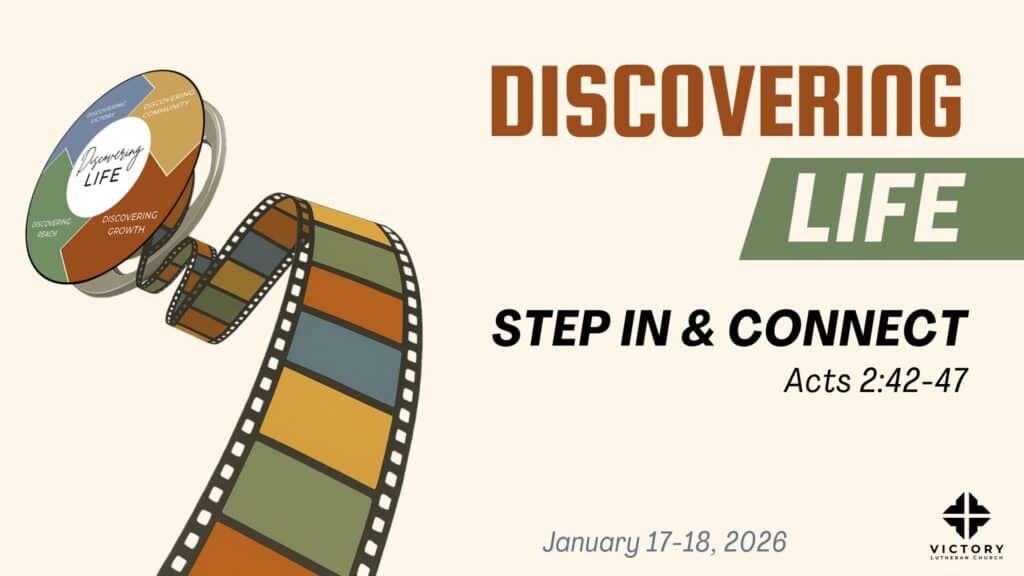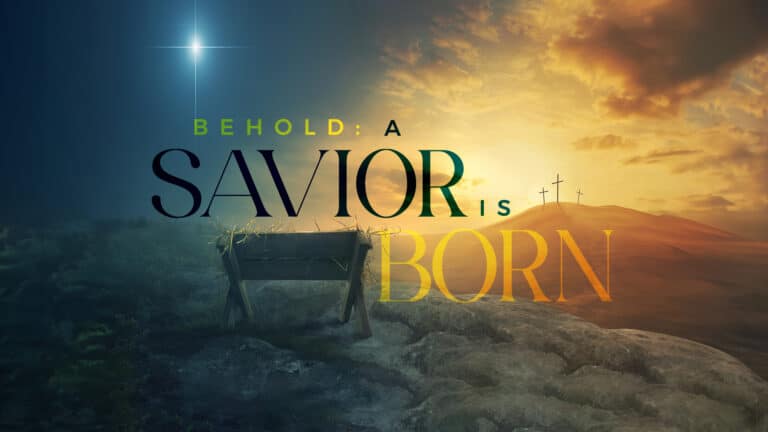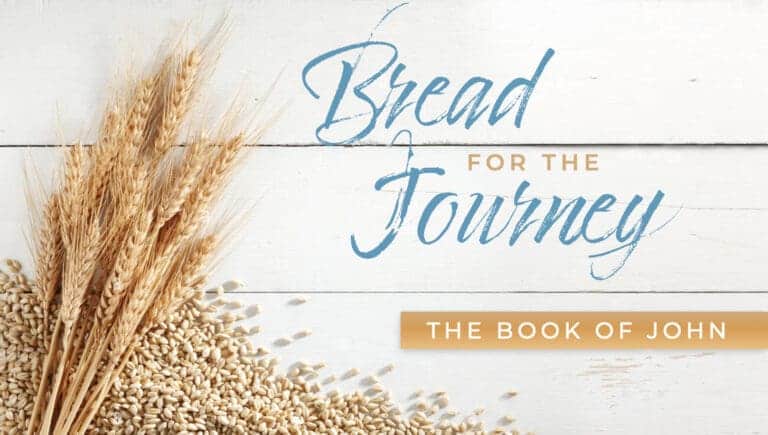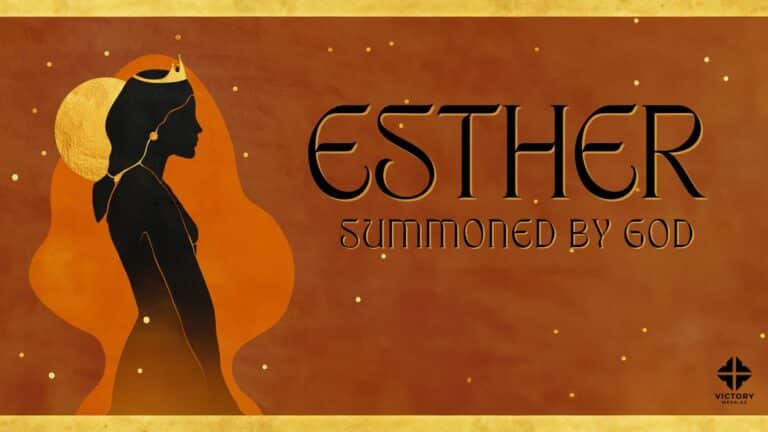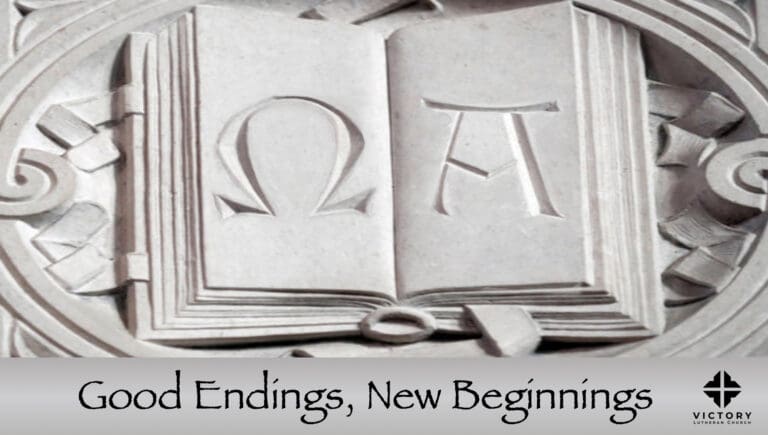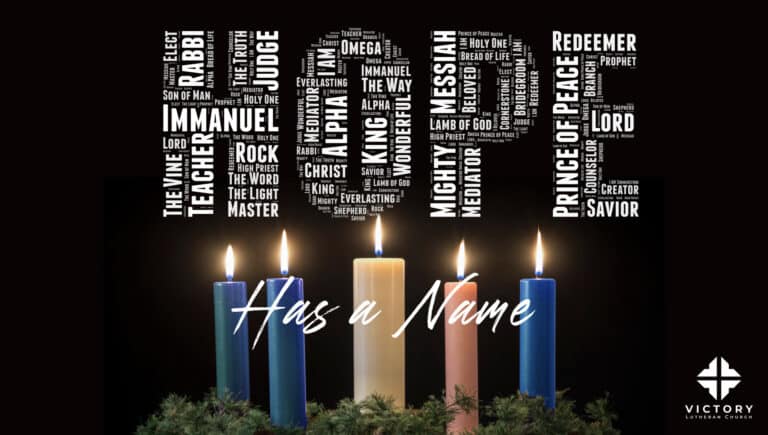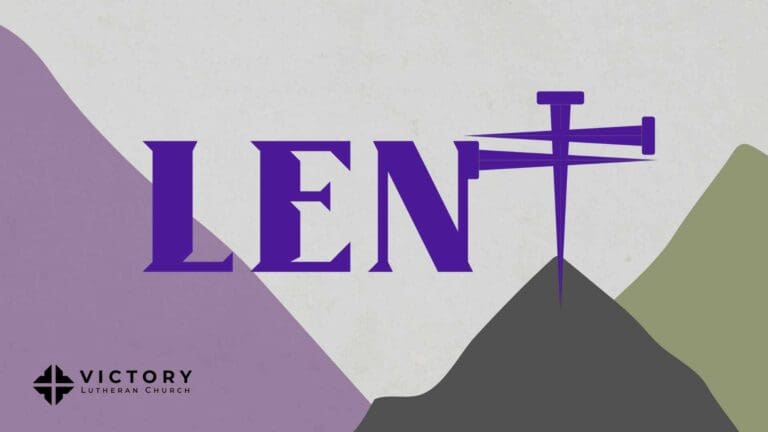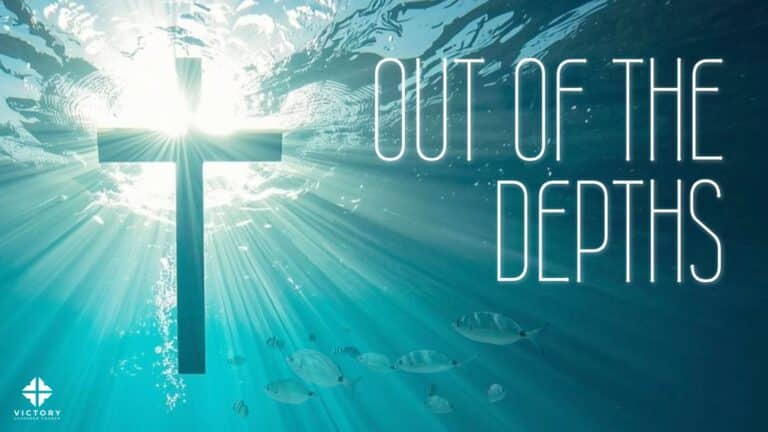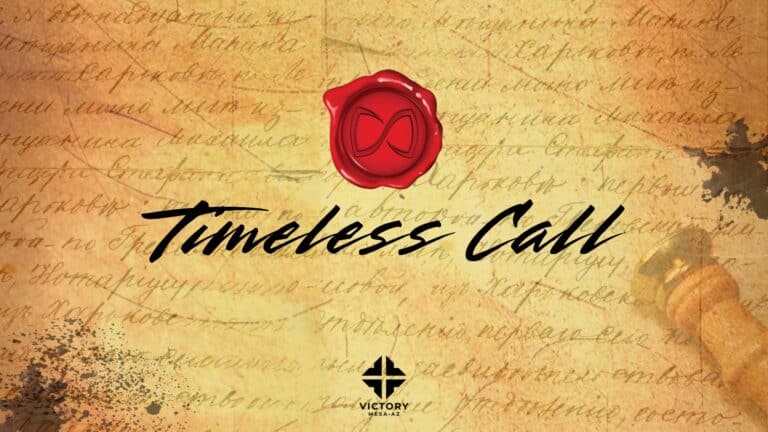We’re in our sermon series on God’s timeless call, looking across the Old Testament narrative, major people and events in which God’s timeless call reaches not just to them, but to us today. And today we’re going to look at this word and the idea of repent, of repentance. And I pray that when it’s done here, God would speak to your heart and maybe help you understand this word and spiritual practice, perhaps in a new way. It’s interesting, I think, sometimes how the same word can have different meanings or connotations. For example, the English word bark. It’s on what’s on the outside of a tree. The sound a dog makes. It’s the sound you hear at a carnival, when a carny, and I used to be one, is barking at you, right? Caramel apples! Don’t you want a foot long hot dog? Barking. How about the word wave? It can refer to the motion of the surface of the sea. Uh, it can be a greeting, a little royal wave of the hand. I don’t think I’ve got that down, but no royalty in this blood. or even in physics and energy movement, sound or light waves. And then there’s an interesting word and it’s the word warning that kind of had a whole different meaning for me when I heard it used when my wife and I lived in Vermont at our home church there, here’s how they announced the upcoming congregational meeting. This is the first warning of the congregational meeting coming up. I thought, what What kind of history does this, this church have? I think they were using words from their constitution, kind of a New England kind of a thing, a warning for a congregational meeting. Now, we’re not going to be, we’ll just make announcements here, but our congregational meetings don’t, doesn’t need to be a warning.
But you know, to them it was kind of like, Oh yeah, I know what you mean. To Anne and I, we’re like, Ooh, kind of got our attention. Well, how about this word, warning? How do you feel when you hear that word does it sound like an invitation or maybe more? Threatening might even bring to mind like a red faced preacher pointing his finger saying to you repent And this is a guess but I’ll bet you most of you don’t hear that word repent as an invitation and yet I believe Especially in our scriptures in the book of Jonah. That’s how it was received. Especially by the people of Israel of Nineveh. I’m going to be reading selections from chapters 1 and 3 in the book of Jonah. It’ll be projected up on the screen with you, beginning at the very first verse, because you need to kind of get the whole gist of this story. The word of the Lord came to Jonah, son of Amittai. Go to the great city of Nineveh and preach against it, because its wickedness has come up before me. But Jonah ran away from the Lord and headed for Tarshish. He went down to Joppa, where he found a ship bound for that port. And paying the fare, he went aboard and sailed for Tarshish to flee from the Lord. Then the Lord sent a great wind on the sea, and such a violent storm arose that the ship threatened to break up. The sailors said to each other, Come, let us cast lots to find out who’s responsible for this calamity. They cast lots, and a lot fell on Jonah. This terrified them, and they asked, What have you done?
They knew he was running from the Lord because he had already told them so. The sea was getting rougher and rougher. So they asked him, What should we do to you to make the sea calm for us? Pick me up and throw me into the sea, he replied, and it will become calm. I know that it is my fault that this great storm has come upon you. Then they took Jonah and threw him overboard, and the raging sea grew calm. At this, the men greatly feared the Lord, and they offered a sacrifice to the Lord, and made vows to him. Now the Lord provided a huge fish to swallow Jonah, and Jonah was in the belly of the fish three days and three nights. And then at the end of chapter 2, And the Lord commanded the fish, and it vomited Jonah onto dry land. Then the word of the Lord came to Jonah a second time. Go to the great city of Nineveh and proclaim to it the message I give you. Jonah obeyed the word of the Lord and went to Nineveh. Now, Nineveh was a very large city. It took three days to go through it. Jonah began by going a day’s journey into the city. Proclaiming, 40 more days and Nineveh will be overthrown. The Ninevites believed God. A fast was proclaimed and all of them, from the greatest to the least, put on sackcloth. When God saw what they did and how they turned from their evil ways, He relented and did not bring on them the destruction He had threatened.
The Word of the Lord. Join me as I continue in prayer. Father in heaven, this is your living word. It’s an interesting story. We maybe think we know it, but by your Holy Spirit today, we may, may we hear your timeless call through this account of Jonah and the people of Nineveh, and hear your invitation to live in daily renewal, and cleansing, and holiness, through faith in Christ Jesus, in whose name I pray. Amen. Dear friends, grace to you and peace from God our Father and our Lord and Savior Jesus Christ. Amen. Repentance! It’s not just used once in this book, even more than twice, at least four times in this story. God calls Jonah, a prophet of God himself, calls him to repent. Not just once, but twice. God called the people of Nineveh. And even the sailors on the ship who threw Jonah overboard repented and worshiped God. And so, just as for them, so for us today, God’s timeless call remains continually, daily, to repent. So how do you respond to God’s call to repent? Perhaps like the sailors? Isn’t it interesting that through Jonah’s story, unbelieving, non Jewish, Gentile sailors Turn to God. They had seen God do something wondrous, like sending the storm and then calming it. And their response? Repentance and worship. So here’s my question for us today. Like the sailors who had the storm come upon them, can you recognize major events as God’s hand at work in your life? Author C. S. Lewis writes, God whispers to us in our pleasures, speaks in our conscience, but shouts in our pains.
It is his megaphone to rouse a deaf world. This is from Lewis’s book, The Problem of Pain, where he discusses the nature of suffering and how it can serve as a way for God to gain our attention and actually bring about spiritual growth. So how do you respond to God’s call to repent? Like the sailors from the storm and then the calming of it? How about responding like Jonah? Jonah, this man of God who hears this call from God and is reluctant, even belligerent. Might you respond to God’s call to repent like Jonah where you do everything but repent and then God has to shake you up big time? swallowing you up in life’s circumstances before you relent of going your own way and repent and turn toward God. My dear friends, do not harden your heart to God’s timeless call to repent. The Bible invites us in Hebrews chapter 3. Today, if you hear His voice, do not harden your hearts as you did in the rebellion. Quoting Psalm 95. God called Jonah to go to this great city Nineveh known for its violence and then to preach against its wickedness. But Jonah’s heart was hard. And what did Jonah do rather than follow God’s call and go to this people with God’s word? He ran in the opposite direction boarding a ship to a town called Tarshish which is the opposite direction to Nineveh to flee from the Lord. And how often may we do the same? We may sense God’s nudging, the work of the Holy Spirit port toward a particular path, but fear, or pride, or maybe just downright stubbornness sends us running the other way. Here’s something to learn from Jonah’s journey. Running from God doesn’t lead to freedom, it leads to storms. Just as God sent the great wind upon the sea to get Jonah’s attention, our attempts to flee from God can result in turmoil, and not just for us, but for those around us as well. God’s first call to Jonah, he resisted and ran away. But Jonah was given a second chance, and he obeyed. Let’s consider the other really big response of repentance, and that’s this great city of Nineveh. You know, Jonah’s message was really one of hellfire and brimstone, a call to repent. And I think it appears that that’s how Jonah delivered it. Now, I don’t want you to ignore or downplay the seriousness of sin, but what is the message that truly turns people’s hearts in repentance?
I remember hosting a mission team in Minneapolis once, and we were downtown on Halloween Eve. It was a Friday night, October 30th, downtown Minneapolis, Hennepin Avenue. Uh, and there were Halloween parties going on all over. Tons of people in Halloween costumes. And we were down there in Hennepin Avenue, and I can’t remember the cross street, but one of the leaders of the visiting team, the one that we were partnering with, grabs a bullhorn, climbs up on a street, uh, uh, light, and starts yelling in the bullhorn, REPENT OR GOD WILL CONDEMN YOU! That got my attention. Some people around us is actually Kind of shocking to not just hear it, but then they’d be part of it. Now, I know this leader’s intentions were good, but there wasn’t a widespread repentance going on in the streets of Minneapolis. And it got me thinking, are we sometimes like that mission leader, delivering messages of judgment with no sense of compassion or love? I mean, how do you respond to hellfire and brimstone messages? When Jonah finally obeyed God and went to Nineveh, he delivered a simple yet dire warning, 40 more days and Nineveh will be overthrown. I mean, that sounds kind of like hellfire and brimstone. And yet the response of the Ninevites is just astounding. From the greatest to the least, they believed God. They declared a fast. They put on sackcloth and sat in ashes as signs of their repentance. Even the king humbled himself. And he issued a decree for everyone to call urgently in God and to give up their evil ways and violence. What moved them to such significant and widespread repentance?
Was it the fear of impending doom? Perhaps, but I believe they sensed, in this message, God’s mercy behind the warning. In fact, the Bible tells us what they thought. Chapter 3, verse 9 of Jonah, Who knows, they said, God may yet relent, and with compassion, turn from his fierce anger, so that we will not perish. They recognized that if God cared enough to send a message, a warning, There was still hope for them. The Apostle Paul writes about it this way in Romans 2. Do not show contempt for the riches, richness, riches of his kindness, forbearance, and patience, not realizing that God’s kindness is intended to lead you to repentance. His kindness. I think here’s a big takeaway. It’s not fear that transforms hearts. It’s experiencing God’s unchanging love. Amen. Think back to that mission leader with the bullhorn. I mean, his message was filled with truth, but it was condemnation rather than compassion. What is it that truly draws people to lasting repentance? Knowing that even despite our failures, God’s love remains steadfast. A couple 507th anniversary. anniversary of the Reformation marked by Martin Luther nailing 95 assertions, 95 theses that he was putting up to argue and defend on the door of the Wittenberg Castle Church. Have you ever read any of the 95 theses?
If you do, you see that Luther well understood the role of repentance. in the life of a Christian. In fact, the very first of the 95 Theses reads thus, When our Lord and Master Jesus Christ said, Repent, He willed the entire life of believers to be one of repentance. In other words, repentance isn’t just a one off, a one time event. It’s a daily posture of the heart. A continual turning back to a gracious God. Luther believed that repentance involves both sorrow over sin and also a turning toward God in faith and trust in Christ Jesus. Luther saw repentance as the daily renewal of a believer, where one openly and readily acknowledges their sinfulness and then seeks and gladly receives God’s grace and mercy through Christ Jesus. In my own spiritual practices, in the morning, I pray what’s called the Jesus prayer. I pray the Lord’s prayer, then the Jesus prayer, and then a Holy Spirit prayer. The Jesus prayer, it comes down to us from the centuries. It’s four phrases. And I pray, Lord Jesus Christ, Son of God, have mercy on me, a sinner. And I’ll dwell on each phrase, sometimes each word. Lord Jesus Christ, Son of God, have mercy on me, a sinner. And you know what it does for me, friends? It’s not just a hammer that just beats me down. It’s an invitation that gives me hope and life. It strengthens my faith. It humbles me. And then it makes me live graciously in gratitude to God’s love given to me and to all of us through faith in Christ Jesus.
It’s what we do here at Victory. Pastor Susan led us in public confession where we say out loud, I’ve got a problem with sin. And then we hear God’s words of forgiveness, his promise given to us in Christ Jesus. Here’s something to take with you today. Our mistakes are not the end of the story. They are chapters that allow God to demonstrate His unwavering commitment to you. Each act of forgiveness, each promise kept by God, it can deepen your understanding and experience of His unchanging life. The Book of Lamentations puts it this way, Because of the Lord’s great love, we are not consumed, for His compassions never fail. They are new every morning. Great is your faithfulness. Another piece that I’m folding into my own spiritual life and daily practices, it’s what’s praying, it’s called praying the evening prayer. It’s a prayer that, That Martin Luther actually, um, uses, and this is kind of a summary from his small catechism. And it goes like this, and I’m still learning to memorize it, so let me read it. In the name of the Father, Son, and Holy Spirit, Amen. I thank you, my Heavenly Father, through Jesus Christ, your dear Son, that you have graciously kept me this day, and I pray that you would forgive me all my sins where I have done wrong, and graciously keep me this night. For into your hands I commend myself, my body and soul, and all things. Let your holy angels be with me, that the evil foe have no power over me. Amen. I mean, can you hear in that prayer the spirit of repentance and forgiveness? It’s marvelous. What a great way to finish the day. It can bring you rest and peace and assurance because of Christ Jesus. What moves a person to repent?
I would say biblically it’s the realization of God’s kindness and mercy. It’s understanding that even when we, like Jonah, run from God, God pursues us. Not to punish, but to bring us back into his loving embrace. I want to close with the words coming up in our sending hymn today. It’s a great prayer of repentance and faith. Search me, O God, and know my heart today. Try me, O Savior, know my thoughts, I pray. See if there be some wicked way in me. Cleanse me from every sin and set me free. My dear friends, may we continually seek God’s mercy, embrace His love, be embraced by it, and then humbly and gratefully walk in obedience, knowing that something greater Or should I say someone greater than Jonah is here, our Lord and Savior, Jesus Christ. Join me in prayer. Heavenly Father, we come before you humbled and grateful for your unending mercy, your relentless pursuit of our own hearts. Help us to see your call to repent, not as condemnation, but as an invitation back into your loving arms. Lead us to respond with sincerity and trust Knowing that your kindness is what draws us closer and transforms our lives. In Jesus precious name I pray. Amen.


